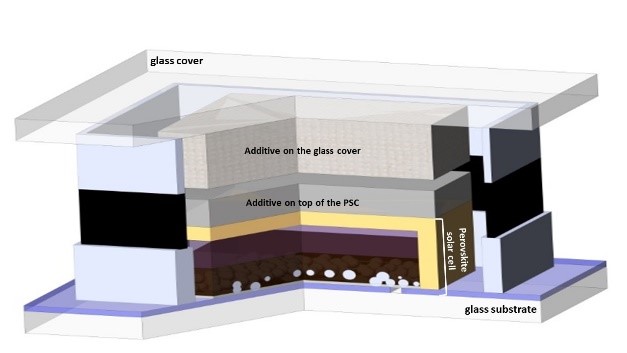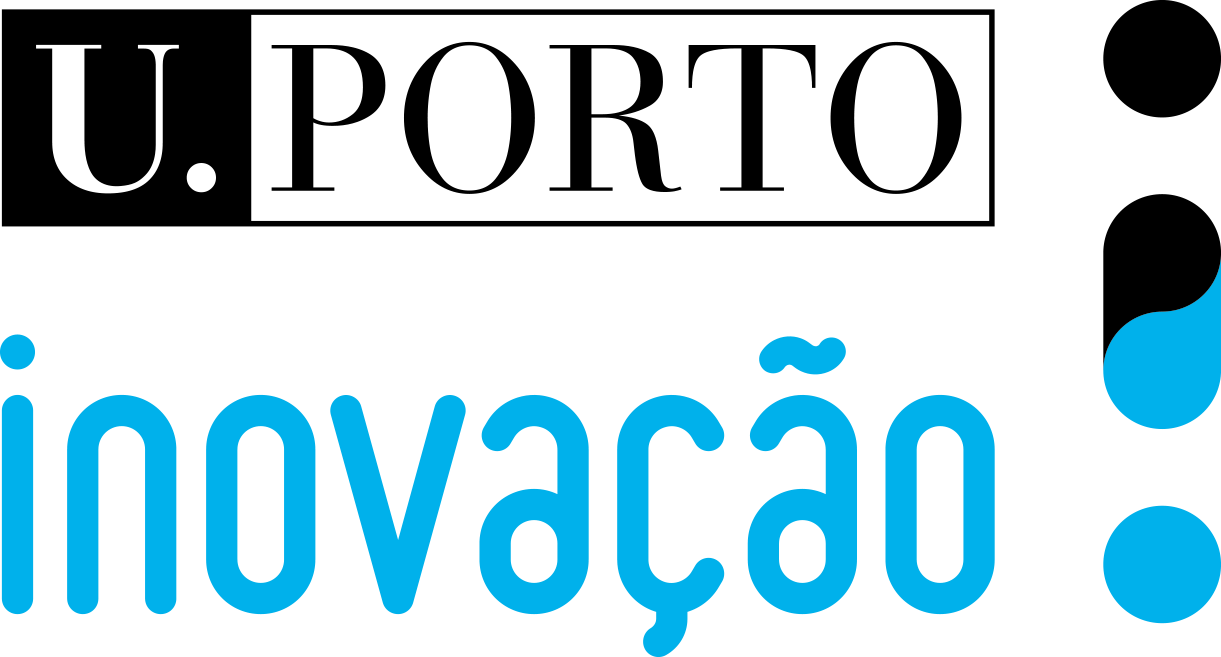
The invention describes processes to limit the leakage of toxic lead compounds in the event of structural damage or fire in Perovskite Solar Cells. Humidity, water or a fire allows the release of undesirable elements from the cell. The technology embodies the use of special additives that, in the presence of water, interact with the lead-based components of the cell to form less soluble and higher thermal stability compounds, limiting the probability to release toxic lead to the exterior.
Another aspect of the disclosure is a second independent additive, made from an hydrophilic polymer, that expands and swallows the water blocking the eventual leak of toxic compounds. These two pathways can be used either together or independently.
The current perovskite solar cells are at the forefront of solar technology, known for their continuously improving efficiency and potential for low-cost production. They have rapidly advanced to achieve efficiency levels comparable to traditional silicon solar cells. However, a major concern is that many of these solar cells use lead (Pb) in their composition. Lead leakage can contaminate soil and water, leading to serious ecological and human health problems.
Researchers are working on ways to improve the stability of these cells, find safer materials, and ensure that they can be safely recycled, which will help make this technology more sustainable and environmentally friendly.
The technology outlined notably diminishes the emission of toxic lead compounds by as much as four orders of magnitude when compared to a normal Perovskite Cell. The mentioned improvements make Perovskite Cells a more sustainable energy production method, restricting the environmental risks associated with lead contamination.
The utilization of inexpensive and readily available materials is the driving force behind the specific market value, addressing the environmental issue of lead ion pollution caused by perovskite photovoltaic cells. This innovation meets the market demand for environmentally friendly perovskite photovoltaics. Perovskite solar cell market can benefit from the application of this invention.






